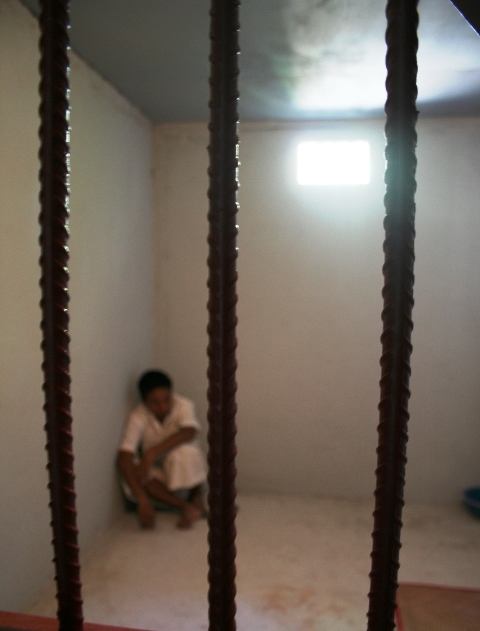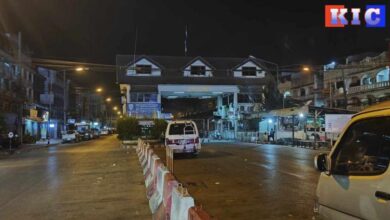Jailing of Journalists “Reminiscent of the Press Oppression Seen Under the Military Junta”

The Assistance Association for Political Prisoners has said in a statement that Burma’s government is suppressing the country’s press in ways reminiscent of the country’s previous military dictatorship.
The AAPP statement referred to the sentencing of five journalists from Unity Weekly to 10 years imprisonment for allegedly disclosing state secrets and the detainment of a further five journalists from Bi Mon Te Nay news agency for covering a protest held by the Movement for Democratic Current Force, a pro-democracy group.
“The government’s use of the 1923 State Secrets Act to sentence the Unity journalists and the 1950 Emergency Act to charge the Bi Mon Te Nay journalists is reminiscent of the press oppression seen under the military junta,” the AAPP said in an official statement.
In an interview with Karen News, Ko Bo Kyi, Secretary of the AAPP, said he doubted Burma’s judicial system had given the journalists a fair trial.
“I feel doubt whether Journalists got a fair trial. Additionally, the incarceration of the Unity journalists reveals the lack of progress that the Burmese government has made in protecting civil liberties.”
AAPP said in its statement the government’s recent action against journalists and activists showed that it was not serious about civil liberties.
“In spite of the government’s purported commitment to ensuring political freedoms, this sentence demonstrates the insincerity with which the government intends to protect the freedom of the press.”
The five Unity reporters were prosecuted under the 1923 State Secrets Act, a colonial era law, after they reported on the existence of an alleged chemical weapons factory in Magwe region. They were sentenced to ten years hard labour on the 10th of June.
“The fact that journalists continue to face such prison lengths for engaging in investigative journalism evidences the frailty of the state of press freedom. With these incarcerations stifling the press’ ability to keep the Burmese public informed, AAPP has become increasingly concerned for the safety of journalists and free press in Burma,” the AAPP statement added.
The Assistance Association for Political Prisoners is run by former political prisoners and provides support to political prisoners and their families in Burma through advocacy for those in prison and rehabilitation for those released.
Burma’s crackdown on the press has troubled both international and regional rights groups and media organisations. Amnesty International warned that the detention of the Unity journalists was a “dark day for freedom of expression” in Burma, while Burma News International, which represents many of the country’s ethnic media outlets, also condemned the arrests. “Although the government has said it is committed to democracy, BNI’s view is that the authorities handing Unity Journal’s reporters heavy sentences – and the harassment of the media is a threat to media freedom.” The International Federation of Journalists said in an official statement at the time of the arrest of the Unity Journal reporters, “it seems murky tactics of intimidation have replaced the censorship board.”




